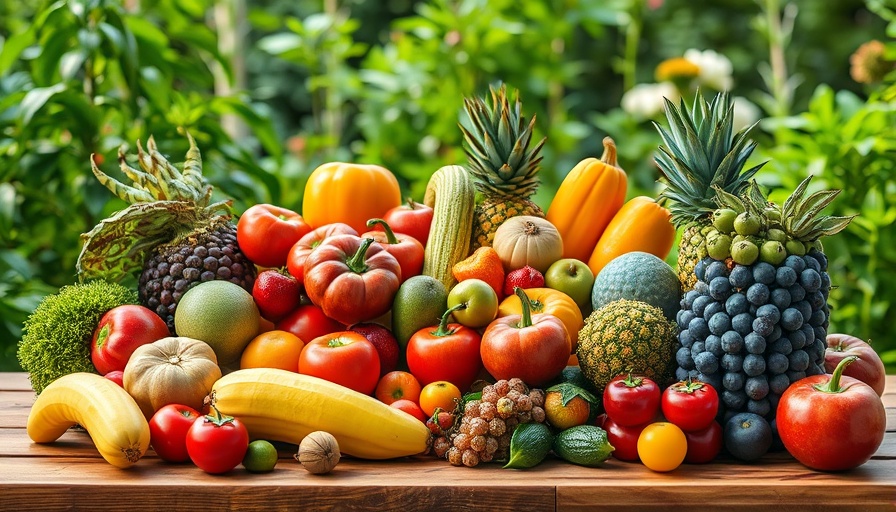
Shifting the Focus: Potassium vs. Sodium for Heart Health
High blood pressure, a condition that affects over 30% of adults worldwide, remains a significant health concern and is a major contributor to coronary heart disease and stroke. Traditionally, the mantra has been to reduce sodium intake to manage and prevent hypertension. However, recent research from the University of Waterloo challenges this notion, suggesting that increasing potassium intake might be more beneficial than simply cutting back on salt. This new perspective highlights the importance of the potassium-to-sodium ratio in regulating blood pressure.
Historical Context and Background
The dietary practices of early humans provide vital context for our current health recommendations. Early ancestors consumed diets rich in fruits and vegetables, which naturally contained higher levels of potassium and lower sodium. This evolution suggests that our bodies are designed to thrive on a diet abundant in potassium—an essential mineral that supports bodily functions including nerve signaling and muscle contraction.
Breaking Down the Research: Key Findings
In a groundbreaking study led by professor Anita Layton and PhD candidate Melissa Stadt, researchers developed a mathematical model that quantifies the effects of different potassium and sodium levels on blood pressure. Their findings revealed that men are more likely to develop hypertension but can also benefit more dramatically from increased potassium intake compared to women. This differentiation emphasizes the need to tailor dietary advice to individual health profiles.
Practical Insights: How to Boost Your Potassium Intake
If you’re looking to lower your blood pressure naturally, consider incorporating more potassium-rich foods into your diet. Some tasty and impactful options include:
- Bananas: Known for their convenience and sweetness, they are a go-to source of potassium.
- Leafy Greens: Spinach and kale are both nutrient-dense and beneficial for overall health.
- Broccoli: A versatile veggie that can easily be added to various dishes.
- Sweet Potatoes: Packed with flavor and nutritional value, sweet potatoes are a delicious option.
- Beans: Versatile and filling, beans are excellent in soups, salads, or as a side dish.
These foods not only help improve the potassium-to-sodium ratio but also contribute essential vitamins and minerals important for holistic wellness.
Counterarguments and Diverse Perspectives
While the growing consensus highlights potassium's role in heart health, some nutrition experts caution against ignoring sodium’s importance entirely, especially for those with specific medical conditions. Sodium is essential for maintaining fluid balance and nerve function, and its complete elimination can lead to health risks. Therefore, it’s crucial to adopt a balanced approach to both potassium and sodium intake based on individual needs.
Future Insights: Dietary Patterns and Health Outcomes
Understanding the relationship between sodium and potassium isn’t just theoretical; it has real-world implications. With health conditions related to diet on the rise, such as hypertension and obesity, future research must explore how dietary patterns influence long-term health outcomes. Increased public awareness through effective education on the benefits of a higher potassium intake may lead to shifts in consumption patterns that contribute to better health across populations.
Your Next Steps Towards a Healthier Heart
Taking control of your health starts with simple dietary adjustments. Implementing a balanced diet high in potassium-rich foods can be a practical and effective way to manage your blood pressure naturally. Alongside dietary changes, regular physical activity, stress management strategies, and routine health check-ups can help maintain your overall wellness.
To stay informed and engaged in your health journey, consider documenting your dietary choices and physical activity in a wellness journal. These strategies not only promote accountability but also empower you to make informed decisions about your health.
 Add Element
Add Element  Add Row
Add Row 



 Add Row
Add Row  Add
Add 


Write A Comment